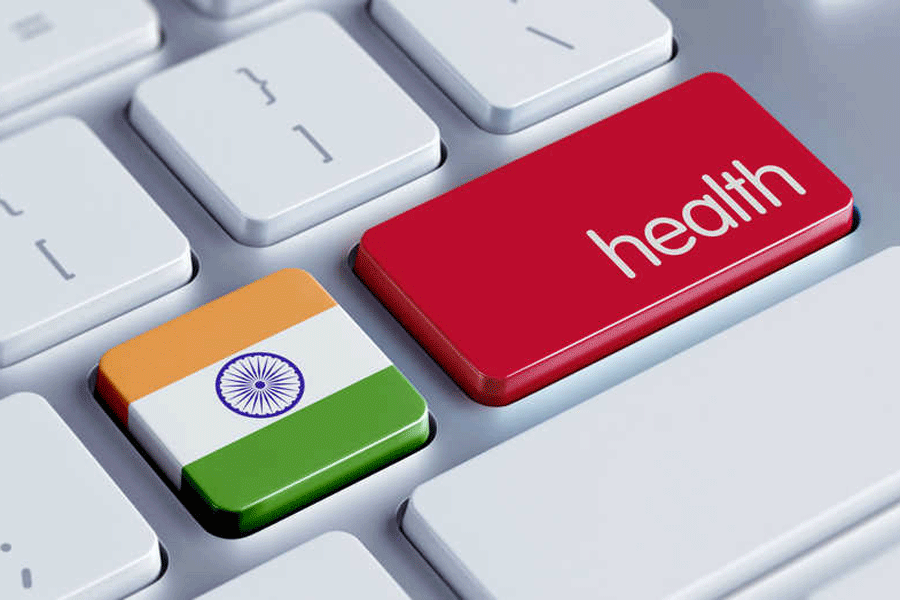Political manifestos are not novel during an election season. But what is novel — and heartening — is the release of a ‘people’s manifesto’ by the Jan Swasthya Abhiyan, a nationwide network of doctors and patients’ rights advocates, that has called for increased public spending on health and easing the burden of medical expenses on the citizen’s pocket, among other demands. The JSA charter has urged all political parties to incorporate these demands into their election pledges since successive elected regimes have remained indifferent to the prohibitive costs of healthcare in the country. It would be useful for citizens to examine the JSA’s charter to understand the gap between word and deed of the powers that be. For instance, the Narendra Modi government has often tooted its horn about achieving universal health coverage through the Pradhan Mantri Jan Arogya Yojana along with the creation of health and wellness centres providing diagnostic treatment. But this is not enough for a country that has only around 1.3 hospital beds per 1,000 people, far fewer than the recommended 3 beds per 1,000 people. India’s per capita government spending on health, the JSA said, is only $21; the corresponding figures are $76 for Sri Lanka, $207 in Thailand and $302 in China. Even the National Health Policy 2017’s goal of raising government health spending to 2.5% of the GDP has remained unmet: combined Central and state spending on health is less than 1.5% of India’s GDP, according to the JSA. This miserly spending on healthcare by the State leads to a spike in out-of-pocket expenses, especially since the Clinical Establishment (Registration and Regulation) Act, which seeks to regulate expenses in private establishments, remains unimplemented. Health insurance coverage is also uneven: a NITI Aayog report highlighted that only 15% of India’s workforce receives insurance support from employers.
The Covid-19 pandemic had led to skeletons tumbling out of India’s health closet. Worryingly, public health crises continue to evolve: India is expected to lose around $3.5 trillion worth of economic output owing to non-communicable diseases by 2030. The lack of preparation for these challenges looming in the near future is suggestive of policy apathy towards the challenges in public health management. This is unacceptable, given the likely drain on individual finances, national exchequer and human capital. As India goes into the general election, the people should cast their votes wisely — preferably for a party that has public health on its mind.











